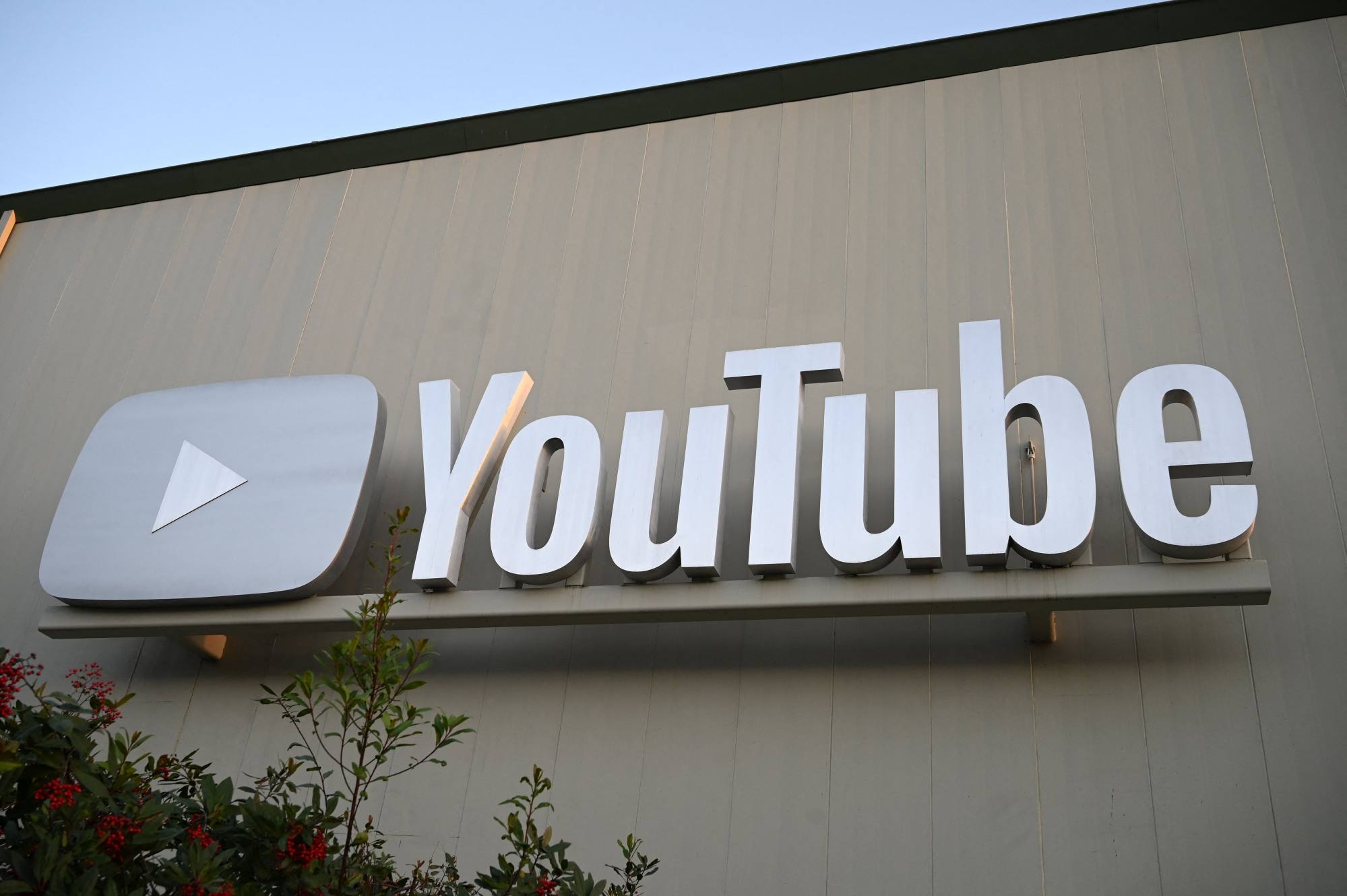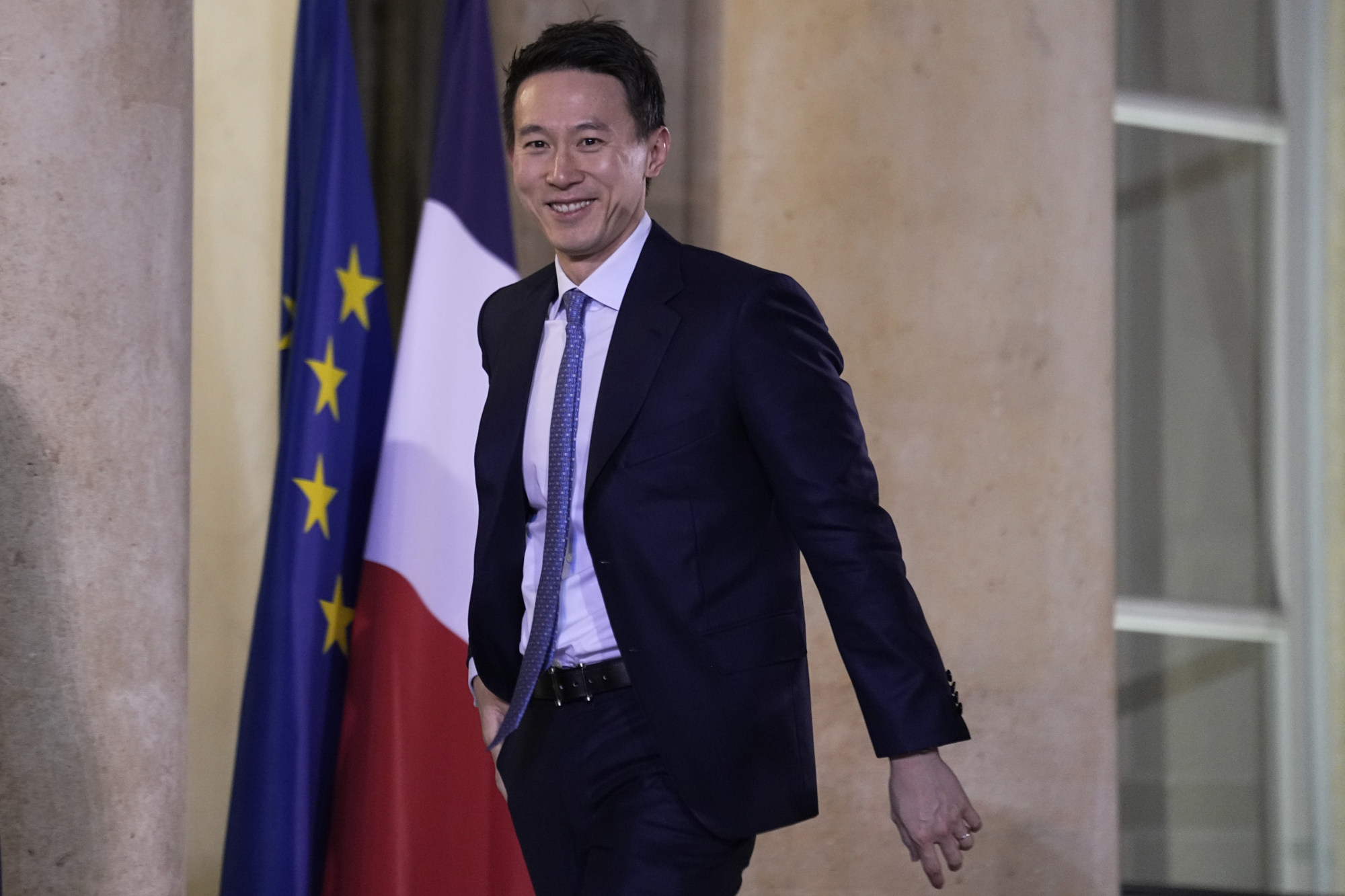The European Commission said it had sent formal requests for information to TikTok and YouTube respectively, the first step in procedures launched under the EU’s new law on digital content.
The DSA is part of the European Union’s powerful armoury to bring Big Tech to heel, and demands that digital giants do more to counter the spread of illegal and harmful content as well as disinformation.
Platforms face fines that can go up to 6 per cent of global turnover for violations.

TikTok, owned by Chinese company ByteDance, is particularly popular with younger users, while YouTube is part of the Alphabet digital empire that includes Google.
Both companies must respond by November 30.
The EU’s top tech enforcer, Thierry Breton, said in August that “child protection will be an enforcement priority” for the DSA.
The law has also banned targeted advertising to minors aged 17 and under.
The EU already launched probes into TikTok, X (formerly Twitter) and Facebook-parent Meta Platforms over disinformation following the October 7 Hamas attack in Israel.
TikTok CEO Chew Shou Zi met EU officials earlier this week in Brussels, in talks the company’s spokesperson on Thursday hailed as “positive”.
“We’re pleased that our efforts to keep people on TikTok safe, engage with these important topics and comply with the DSA, have not gone unnoticed.
“We will continue to work closely with the Commission, including on this latest request,” the spokesperson said in a statement.

The DSA also demands tech behemoths do more to counter the spread of illegal goods.
The commission on Monday announced it kick-started an investigation into China’s AliExpress over what actions it is taking to protect consumers online from illegal products, including fake medicines, as part of DSA compliance.
The DSA came into force in August for 19 sites designated by the EU as “very large” platforms that have more than 45 million monthly active users, including Google Search, Facebook, Instagram, TikTok, YouTube, Amazon and Apple’s App Store.
Smaller digital firms will have to comply with the DSA from February next year, when EU member states will have set up national supervisory authorities.

